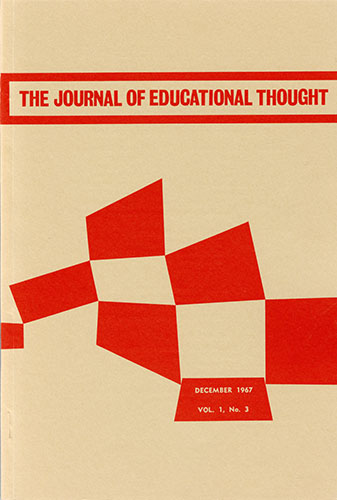Differences in Value-Orientations: The Broader Implications
DOI:
https://doi.org/10.55016/ojs/jet.v1i3.43502Abstract
Canada's educators, like its politicians (and like politicians and educators in other places), are confronted with what are perhaps the two essential data of this century - a society which is convergent but in which there are clearly distinguishable and rather permanent variations. The convergence, or tendency for Canadians to become more like each other, that is accompanying rural-to-urban migration, industrialization, improved roads and television, is largely in the direction of the urban, middle-class, large-scale-organization way of life; the persisting variations are chiefly socioeconomic and regional, although there are important religious and ethnic differences as well.
Downloads
Published
Issue
Section
License
The Journal of Educational Thought retains first publication rights for all articles. The Journal grants reproduction rights for noncommercial educational purposes with the provision that full acknowledgement of the work’s source be noted on each copy. The Journal will redirect to the appropriate authors any inquiries for further commercial publication of individual articles. All authors wishing to publish in JET will be asked to fill in and sign a Consent to Publish and Transfer of Copyright agreement.
Authors must affirm that any submission to JET has not been and will not be published or submitted elsewhere while under considration by JET.

